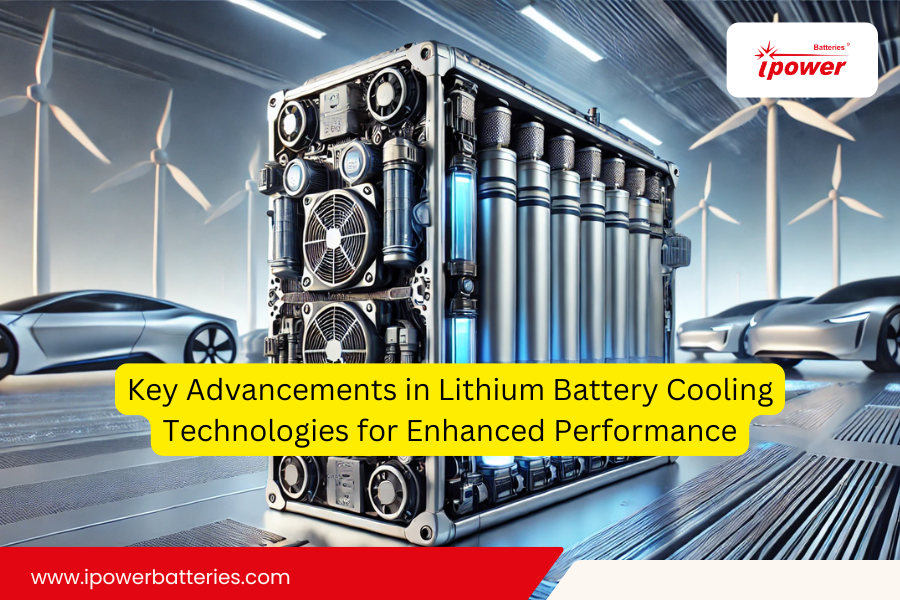Lithium battery cooling technologies have become a focal point in advancing energy storage solutions. As lithium-ion batteries power devices ranging from smartphones to electric vehicles (EVs), the need for effective thermal management has never been more critical. These technologies ensure optimal performance, safety, and longevity by mitigating overheating and preventing thermal runaway. This article explores the latest innovations in lithium battery cooling technologies and their role in enhancing performance and safety.
Why Lithium Battery Cooling Technologies Are Essential
Efficient cooling systems are indispensable for maintaining the ideal temperature range in lithium-ion batteries. Overheating can lead to reduced efficiency, shorter battery life, and safety risks such as thermal runaway. Advancements in lithium battery cooling technologies are addressing these challenges, enabling high-performance and safer applications in energy storage systems.
Breakthroughs in Lithium Battery Cooling Technologies
1. Advanced Air-Cooling Systems
Air-cooling systems are cost-effective and simple, making them popular for various applications. Recent designs focus on optimizing airflow patterns, ensuring uniform temperature distribution and effective heat dissipation. This ensures that lithium battery cooling technologies meet the growing demands of modern applications.
2. Efficient Liquid-Cooling Systems
Liquid-cooling systems offer superior heat transfer capabilities, making them ideal for high-power batteries used in EVs. Advanced designs now incorporate hybrid approaches that combine liquid cooling with other technologies to enhance thermal regulation. These innovations highlight the adaptability of lithium battery cooling technologies in diverse environments.
3. Phase Change Material (PCM) Integration
PCM-based cooling systems are gaining attention for their ability to absorb and release thermal energy effectively. Incorporating PCMs into lithium battery cooling technologies has shown significant improvements in temperature control and energy efficiency.
4. Immersion Cooling for High Efficiency
Immersion cooling involves submerging battery cells in dielectric fluids, which provide excellent heat dissipation. This method ensures consistent performance and prevents thermal runaway, reinforcing the reliability of lithium battery cooling technologies in demanding scenarios.
5. Hybrid Cooling Systems: The Future of Thermal Management
Hybrid systems that integrate air, liquid, PCM, and thermoelectric cooling offer the best of all methods. These systems represent the next generation of lithium battery cooling technologies, achieving superior thermal management across various applications.
Lithium battery cooling technologies are revolutionizing the energy storage industry. From advanced air-cooling systems to innovative hybrid approaches, these solutions are integral to meeting the growing demands for high-performance, safe, and efficient batteries. As research and development continue, the future of lithium-ion batteries will rely heavily on these cutting-edge cooling technologies.





